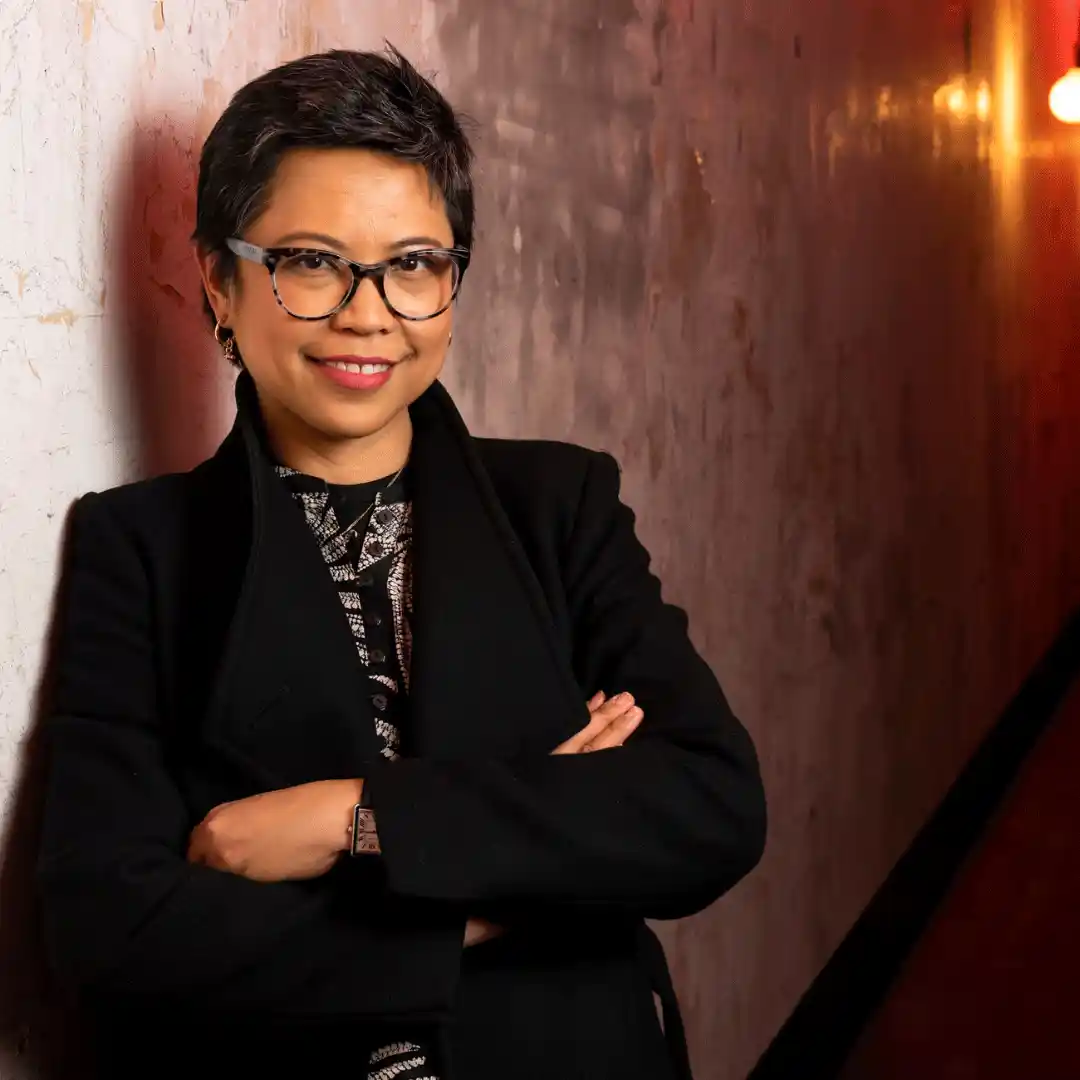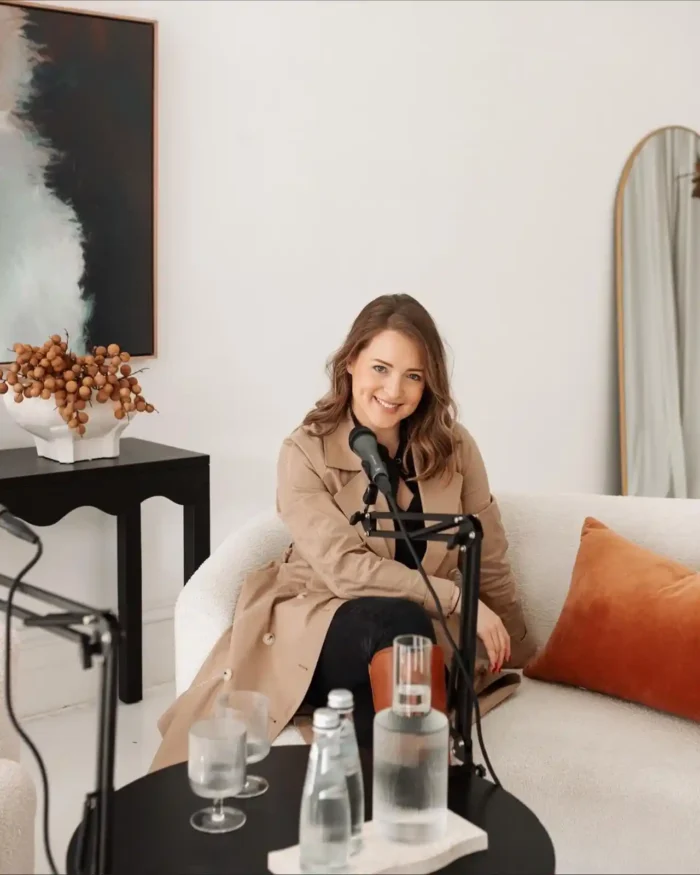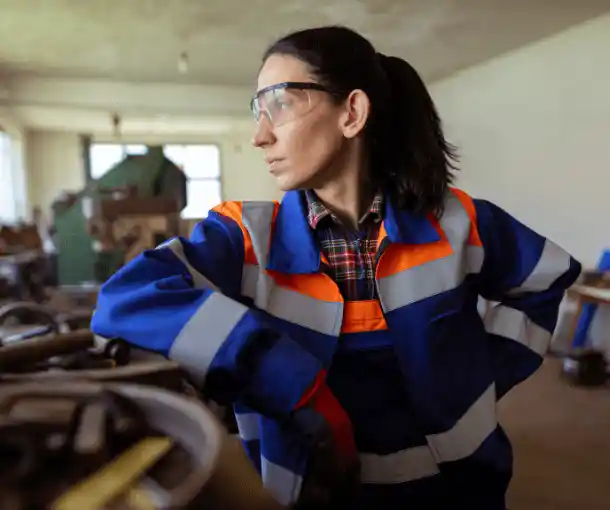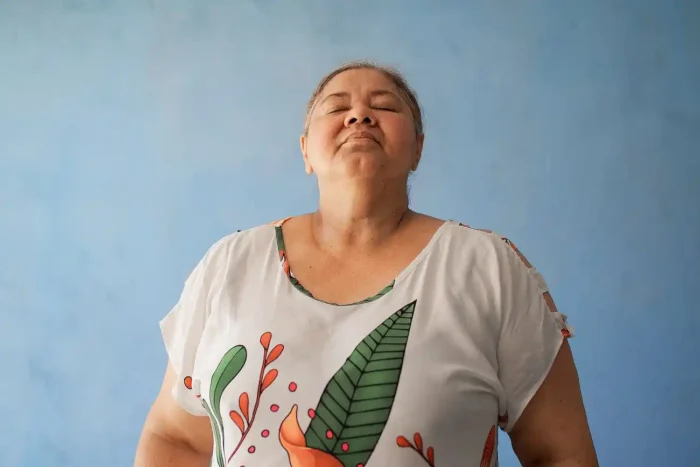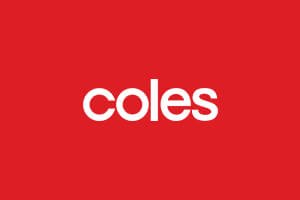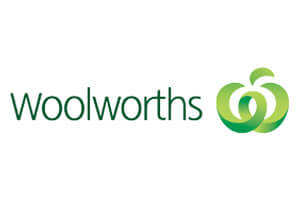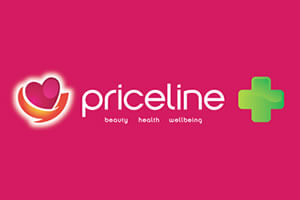“Strength doesn’t show itself in a comfortable space. But when life throws you curveballs, that’s when you find it” – Gladys Peters.
Ostelin’s Project Strong is about celebrating and empowering the strength of all women who, as a collective, can achieve anything.
When we polled the nation on what it really means to be strong, it was revealed that women are more likely than men to view ‘being strong’ as inwardly focused, as opposed to physical. In fact, when it comes to inner-strength, Aussie women agree (73%) that the ability to bounce back after set-backs is a key indicator of strength, highlighting the importance of emotional resilience.^
Someone who embodies such inner strength is Ostelin’s very own powerhouse, Gladys Peters. As the General Manager of Opella Consumer Healthcare (owner of Ostelin), Gladys has a lot on her plate. Not only is she on a mission to build brands with purpose and create meaningful, societal impact, but she has managed to lead the organisation, all while battling her own challenges after being diagnosed with cancer in 2021.
We spoke to Gladys about her experience finding strength in tough moments, how she’s overcome personal and professional challenges and to whom she looks to for strength.
How do you define strength?
My personal definition of strength is ‘grace under pressure’. Strength does not show itself in a context of comfort. It is the pressure that forces strength to show up. It might be standing out when it’s easier to camouflage, or defiantly challenging the status quo when there is a better way forward.
Being ‘strong’ might mean choosing an unknown road to travel – knees shaking, hands trembling – but pushing on because shrinking back is not an option.
That is where true strength reveals itself – knowing that whatever life throws at you, you can dig deep and carry on with grace.
What does strength look like for you, from a personal stance?
Last year, I was ‘gifted’ with a cancer diagnosis. We had just arrived in Australia and I was in my first year of a role I absolutely loved. After hearing the news from my doctor over the phone that morning, I bawled my eyes out and almost got through the day without anyone at work knowing that something was wrong. But that wasn’t a display of strength.
There are many moments of strength in different forms that I can share, but 2 clear instances come to mind. One was by myself that night, crumpled on the floor of our study, praying for my heart to keep its joy even as I faced this tough journey. Another point was when I had to share with the broader organisation what I was going through and how I needed my Leadership Team to bear the burden as I pursued my treatment. It was not easy to show weakness, but there was strength in that.
Doubting our own abilities can often make us feel “weak.” How do you overcome these moments of personal self-doubt?
I personally believe that self-doubt tends to be a reaction to something external that our inner self misinterprets or misrepresents. It might be a careless comment from someone whose opinion we value, or even a direct criticism. It is natural for us to feel self-doubt in these moments. It’s what we do next that defines whether the doubt will grow or will be addressed.
It’s important to find strength in these moments and resist the temptation to feed the doubt. Find out for yourself if there is a kernel of truth in there that you can embrace. Then have the courage to push back on the negative self-talk or to turn it into affirmation.
When a woman is strong, there is nothing she can’t do. When have you overcome challenges in your career?
I still remember moments when people told me ‘I don’t think you are cut out to be this or that’, because of one reason or another.
Fortunately, one thing I really love doing is taking on a challenge. For each one who told me I could not do it, I responded (in my head, mostly), ‘Let me prove you wrong’.
For example, a common challenge for women in the workplace is the ability to balance career progression and family. Some say you cannot have it all, some say you can. I say, you can choose the answer you want as long as you are ready for the implications. I was able to move countries to grow my career because I had the fantastic support of my family – my husband, my kids and my parents. In essence, this particular strength – to do what you aspire to do – also requires strength and support from those around you.
Who is a strong woman in your life that you admire and why?
My mother is my true STRONG female model. She is a chemical engineer, having worked for one of the top global FMCG companies as the manufacturing site head, before she retired. Being a female engineer over 40 years ago was vastly different to what that looks like now – defiantly challenging the status quo, indeed.
She came from modest means having to compete with global talent and led the site through tumultuous times, while still being there for her family. Grace under pressure isn’t always easy, but it’s always intentional. I observed her strength and resilience while growing up and she proved to me that ‘IT IS POSSIBLE’.
There is still a way to go in women’s empowerment when it comes to crucial matters like the pay disparity. What has been your approach for ‘getting what’s fair’, when it comes to life, career or otherwise?
My personal approach is simple – ASK. Do your research and do not be afraid to ask for what you believe is right. The worst outcome is you get a ‘No’. But in that ‘No,’ you gain additional insight into the valuation of what you bring to the table or whether your values align. From there you can decide for yourself whether that response is acceptable or not.
As a leader, I take it as my responsibility to ensure that I am actively looking out for, and leaning into, opportunities to correct or eliminate disparities that unduly tax women in the workplace.
What is the best piece of advice you would tell your 20-year-old self?
“Always choose courage. There will always be strength in that choice.”
References:
^Ostelin Strength Gap Research – Research conducted among 1500 Australian adults by YouGov in April 2022, commissioned by Ostelin. Research available upon request from Ostelin. MAT-AU-2202538
